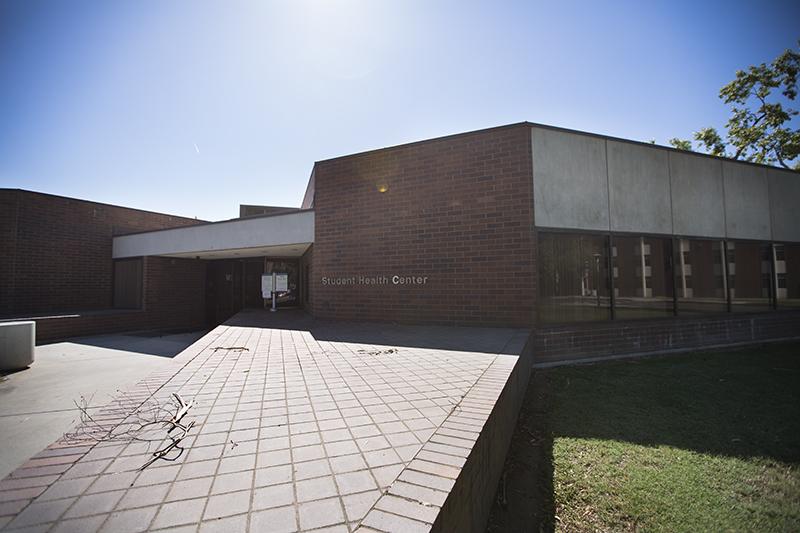A new law will require all University of California (UC) and California State University (CSU) campuses to provide abortion medication at their public health centers.
Senate Bill (SB) 24, known as the “College Student Right to Access Act,” was introduced on Dec. 3, 2018, by Senator Connie Lyeva [D-Chino] and was signed by Gov. Gavin Newsom on Oct. 11, 2019.
This bill will be funded by a reproductive health fund, which will be administered by the California Commission on the State of Women and Girls, according to a news release from Newsom’s office.
The funding will provide medical devices, infrastructure and training needed to administer the abortion pill, including a setup of telemedicine in case any complications may arise.
“As other states and the federal government go backward, restricting reproductive freedom, in California we are moving forward, expanding access and reaffirming a woman’s right to choose,” Newsom said in a news release. “We’re removing barriers to reproductive health — increasing access on college campuses and using technology to modernize how patients interact with providers.”
The new law will start to take effect on Jan. 1, 2023, with the aim of reducing barriers to the hundreds of thousands of students in the UC and CSU systems.
These barriers include anything from transportation, financial problems or missing class and/or work to attend a clinic visit before the medication takes effect.
Newsom stated before becoming governor that he would have supported a bill like this for the right of students’ choice to reproductive freedom and helped to make it a reality during his first few months as governor.
The medication abortion method, approved by the Food and Drug Administration in 2000, consists of two pills, mifepristone and misoprostol, which have been proven to be safe and effective to work within the first 10 weeks of pregnancy.
“I am just glad that this is going to be available for the students now and that they will have more agency now in deciding what they want to do with their bodies,” said Shawna Irissarri, president of Fresno State’s Women’s Alliance club.
Back in 2015, a group of students at the University of California, Berkeley, and members of Students United for Reproductive Justice began a student movement, according to an East Bay Express article.
The students urged the administration to bring the abortion pill to their campus.
They had met with campus administrators, faculty and students to garner support for their goal but were not successful in their efforts.
Students who were a part of the movement realized that their friends struggled to acquire the abortion pill. Many figured that other students would be experiencing a similar issue at their student health center.
A similar proposal, Senate Bill (SB) 320 also known as “College Student Right to Access Act,” last year was vetoed by former Gov. Jerry Brown.
Brown said that it was unnecessary to provide the abortion medication on campuses due to the lack of finanical funding and distance between abortion clinics and the campuses, which were approximately five to seven miles away.
Julia Cuellar, vice president of Fresno State’s Students for Life club, said that the California Department of Finance had opposed this bill due to the fact that the funds would run out quickly trying to convert a health center into an abortion facility.
“Despite the extreme financial burden that will be placed on universities in order to adhere to the requirements of this new bill, it is very unsafe for female students,” Cuellar said. “There are extreme side effects to the medications, such as extremely heavy bleeding, painful and debilitating menstrual cramps and nausea; women will be expected to go through this traumatic experience alone, without a doctor’s supervision, in a dorm room and/or shared restroom facility.”
The failed SB 320 would have provided abortion mediciation at all UC and CSU campuses by Jan. 1, 2022, to students.
“Students certainly have the right to express their opinions and have freedom of speech,” said Janell Morillo, associate vice president of Student Health, Counseling and Wellness.





